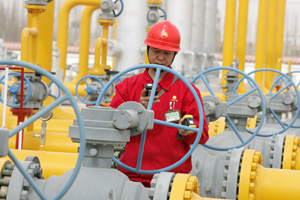Economic impacts of the COVID-19 pandemic and oil price collapse
The recent collapse in oil prices in the global market was caused by a combination of supply and demand issues as well as uncertainty about the future, and has resulted in a crash in financial markets. But what are the reasons behind this collapse, and what impacts will it have on oil-exporting and oil-importing economies?







